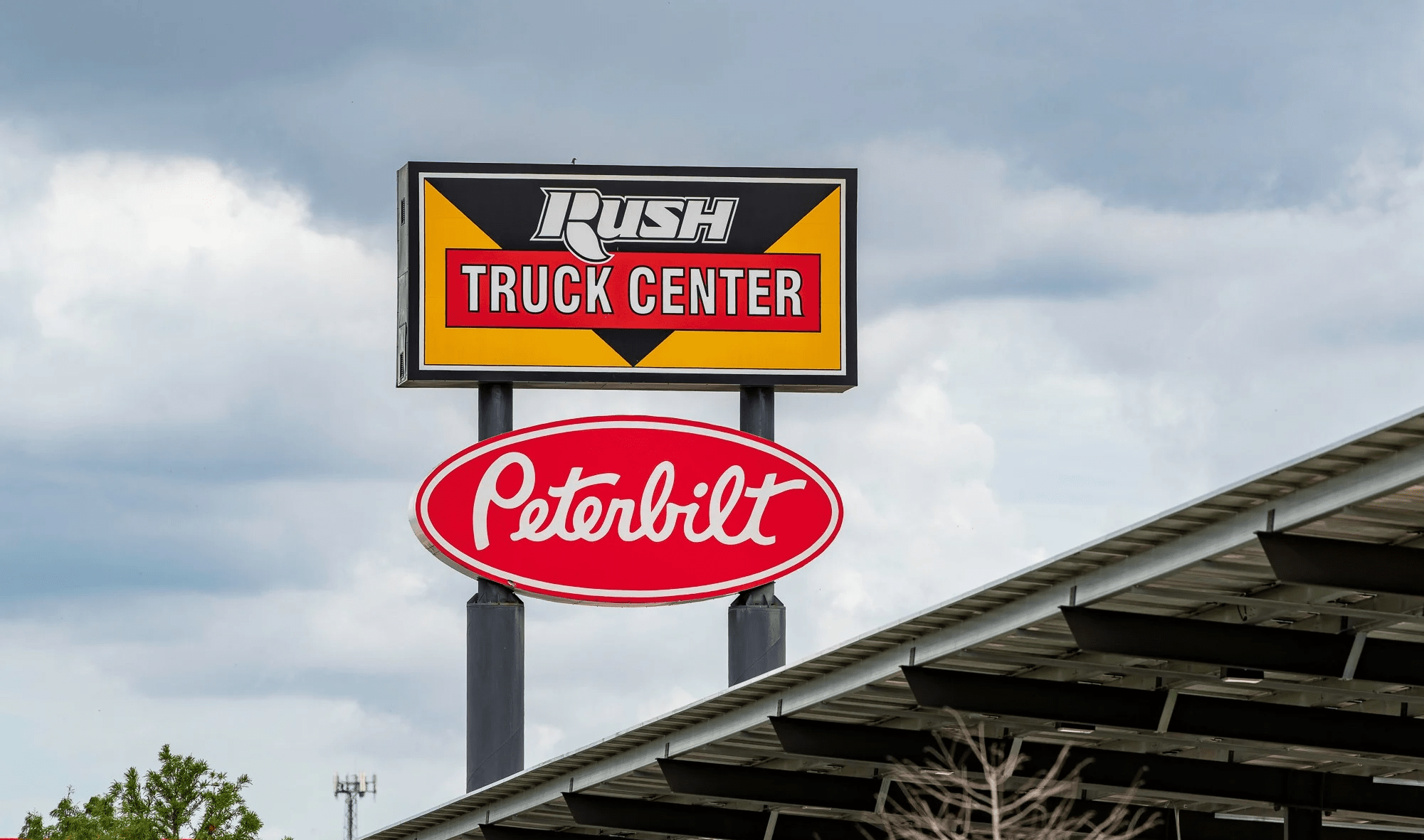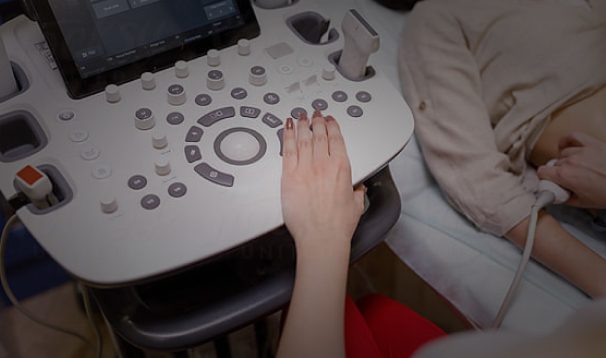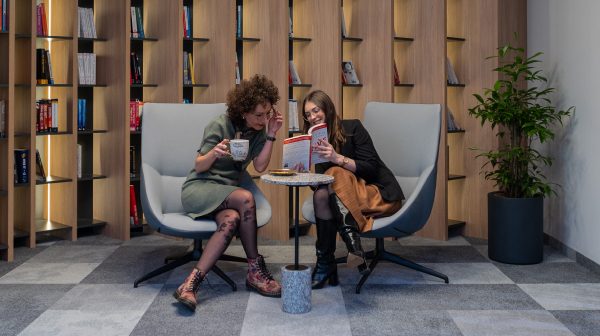“I know it’s hard to take ‘no’ for an answer, but whoever wants to be a successful entrepreneur must prepare to be rejected numerous times. However you may feel, you have to keep going. At HTEC Group we were incredibly persistent, sometimes even annoyingly so. My reasoning was—if I knocked on a hundred doors and one of them happened to open, that was a sign I needed to knock on another hundred to get one more open,” says Aleksandar Cabrilo, the founder and CEO of HTEC Group, explaining how the company made a global success despite being founded in the middle of the global financial crisis and how it doubled in size and revenue last year during the pandemic crisis.
B&F: HTEC is a company that provides consulting services in the area of business digitalization. Why did you choose this domain in particular?
Aleksandar Cabrilo: We wanted to develop certain tech products, but back in 2008, there were not many investment funds interested in investing in startups in our region, nor was there a way to access venture capital. That is why we decided to offer services which would help us earn enough to develop our own products. And we did manage to do that and to launch our products onto the market. However, since we discovered that bigger opportunities lie in consulting, we created our own spin-off companies to develop those products. Now, HTEC focuses on providing service only, and we can invest in products through businesses that are independent from the company. Many think that success can only be achieved in product development, but we look up to companies like Accenture, which is currently worth more than 170 billion. I believe there are only ten or so tech companies that are worth more than this.
B&F: So what does HTEC actually do?
Aleksandar Cabrilo: We perform a complete analysis of a company’s business, after which we offer ideas on how to optimize this business through digital products based on the newest technologies, like AI, IoT, automation, data processing, etc. Besides this, we help our clients find new market niches and new income sources to, ultimately, develop new products. We have several creative and consulting teams specialized in providing support throughout the design and development phases.
B&F: None of this would have been possible if an Electronic Engineering student wasn’t so eager to come back to Serbia from the Netherlands, where he had started a successful career, to set up his own company. Why?
Aleksandar Cabrilo: Many were puzzled by my decision to come back and set up a business in Serbia. I still don’t understand why. Belgrade is a beautiful city to live and start a business in, considering that all other European cities are just a couple of hours away. Another important factor is that here we have some of the best experts in the IT industry. Starting a new company is difficult wherever you are. That’s why companies should go where their clients are and not where they have “better” business conditions. We decided to move the headquarters to San Francisco four years ago because most of our clients are there.
B&F: How is running a business in San Francisco different from running it here?
Aleksandar Cabrilo: The fundamental difference is reflected in mentality. In the US, everyone insists on promoting hard-working and talented people with great ideas. They are role models to young people. In Serbia, unfortunately, reality show stars are promoted. Therefore, the most important difference can be found in the social values—the capital, the speed at which things are run, the agility in decision making, while all other opportunities this location offers are secondary.
B&F: The list of your clients is not so short. You have Intel, IBM, and many other notable names on there. How did you get those references?
Aleksandar Cabrilo: You always start with small clients, if you manage to find any. Selling products and services is not easy at all. If you are selling watermelons, for example, no matter how much effort you put into growing them, there will always be someone to knock on them and tell you that those on the next market stall are better-sounding. But those are the things you have to get over.
I know it’s hard to get a “no” for an answer, but anyone who wants to be a successful entrepreneur must prepare to be rejected numerous times. You are often dismissed without explanation, and sometimes you might even get some kind of feedback, so you know what to work on.
However you may feel, you have to keep on going. We were incredibly persistent, sometimes even annoyingly so. But my reasoning was—if one of the hundred doors I knocked on happened to open, that was a sign I needed to knock on a hundred more to get another one open.
B&F: At what tempo did the doors open for you at the beginning?
Aleksandar Cabrilo: At the beginning, it was very slow, but once you get several clients, it becomes easier because you already have references from them. I remember that I had to drive five or six times to Vienna and back to seal the deal with one of our first clients. And that was not the only case.
I could go on for days about the problems we had faced, but what matters the most is that I can proudly say that we have overcome them. Now, we are in the position to win deals in a very competitive market, side by side with the already mentioned Accenture. So, now we have clients who could have chosen one of the world’s biggest consulting companies but have decided to go with us instead. How do you get to this point? By not looking at problems as if they were the end of the world, but observing them as challenges that your teams can tackle through hard work and high motivation. The key to our success are our people. That’s why we currently have two priorities—to offer our employees the best possible working conditions which will allow them to show their maximum potential, and at the same time, to provide our clients the best possible services they can get.
B&F: HTEC was founded at the beginning of the global financial crisis and has doubled in size and revenue as the pandemic paralyzed the entire world. What kind of crisis management do you have?
Aleksandar Cabrilo: We are used to crises; we have had them in more stable times as well. Around five or six years ago, while our headquarters were still in Belgrade, we were left without 80 percent of our income within two weeks—a couple of our big clients could not afford to pay for our services, for different reasons. This happened at the point at which we were pretty sure our business was stable and that we would survive without one or two of our big clients. And like in a film script, within a month, all of our big clients backed up. However, there was no word of giving up, let alone optimizing costs by laying people off. At that point, I said that if anyone were to be fired, it would be me because I’m the one who carries the biggest responsibility for this. We reconsidered our decisions and gave our best to close all the deals we were planning to make in the upcoming year, as soon as we could. I bought a ticket to San Francisco and stayed some four weeks, although I was supposed to get married in a month in Belgrade. We went “full force”, from one meeting to another, coming up with what we could offer to potential clients, allowing them to agree now and pay for our service later, and whatnot. We managed to close several deals, to keep the company alive, and I came back to Serbia three days before my wedding.
B&F: Did something similar happen during the pandemic?
Aleksandar Cabrilo: These were somewhat different circumstances. We doubled the number of employees during the pandemic—we have around 700 in Serbia only. By the end of the year, we hope to have about 1000. We always need intelligent and motivated people on board—managers, engineers, designers… Anyone looking for this kind of job can contact us.
We didn’t have the best start of the year either. In January and February 2020, we reached the expected growth of about 70 percent, and then in March, we were left without a significant part of our income. There were no implications that this was going to be a successful year. We were, of course, advised to lay people off to save the business, but this is not how HTEC works. We decided to invest more in growth and employ more people to attract more clients we could actually service. We went so far as to finance some of our clients who were gravely impacted by the pandemic. This is what actually happens—when the economy is on its rise, this is the time to build a business—when the crisis struck, it is time to build a reputation. And reputation is vital in both the good and the bad times.
— Build business in good times, build reputation when the going gets tough. —
With reputation, we also built the team spirit. I am incredibly proud of our employees, and especially my management team, which worked more than anyone asked them to. I was afraid they would burn out and advised them to take some time to relax, but they were adamant about finishing what they had started. Although we are all a bit tired, we are very proud to have attracted new clients and doubled our business. Our new goal is a 10x growth in the next 3 to 4 years, and with the teams we have, I am sure we can do it.
Marija Dukic, Biznis i Finansije magazine
The original copy in Serbian is available here.
Check out some of our latest articles here.










